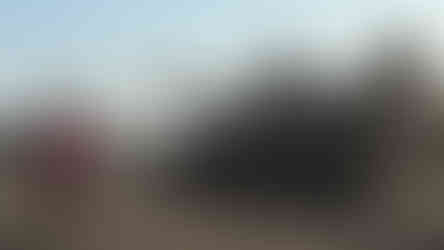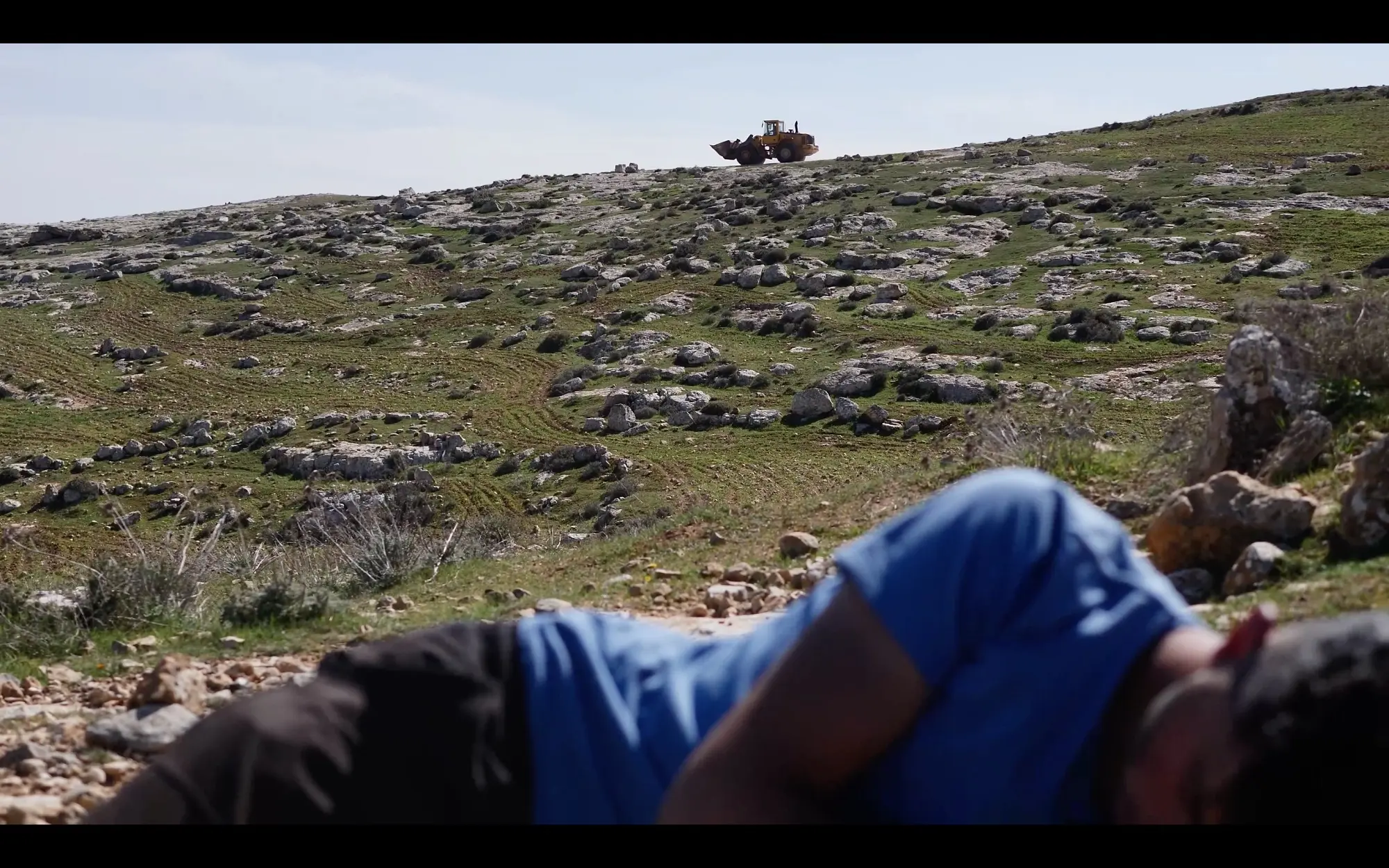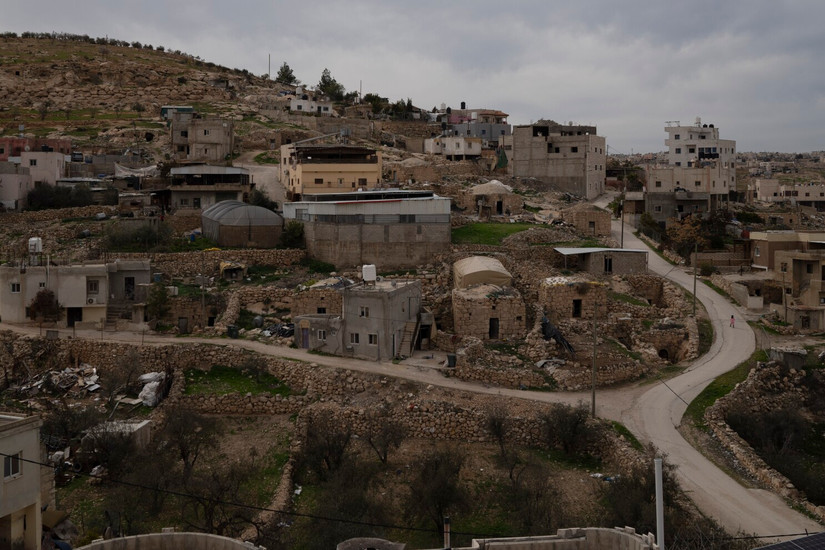Film Review - No Other Land (2025)
- Alex Kelaru

- Mar 7
- 3 min read
Kelaru & Fulton rating: ★★★★★
Runtime: 1 hrs 32 mins
Most documentaries keep a level of distance from their subjects—observing, recording, and presenting a topic with an air of detachment.
No Other Land is not that kind of documentary.
It is raw, personal, and urgent, built from firsthand video recordings of Palestinian villagers in Masafer Yatta, a cluster of communities in the West Bank that has been under Israeli occupation for decades. This land, home to Palestinian families for over a century, was designated as a military training zone by Israeli courts in 1980, with residents ordered to leave. For more than 40 years, the villagers fought the ruling, resisting forced displacement, denied basic rights, and living under the constant threat of eviction. In 2022, after years of disputes, the court finally rejected the Palestinians’ plea, instructing the Israeli military to demolish their homes and expel the people who had lived there for generations.
To understand the weight of this displacement, it’s important to note the historical record. Palestinian families in Masafer Yatta were documented in a series of British Mandate census reports between 1922 and 1948—long before Israeli military occupation began in 1967.
In No Other Land, we follow young Palestinian activist Basel Adra and his Israeli friend, journalist and filmmaker Yuval Abraham, between 2019 and 2024 as they document the destruction of their villages and attempt to bring global attention to the demolitions. Their story unfolds alongside that of the residents of Masafer Yatta—people who have been fighting for decades simply to exist. The villagers, unable to obtain construction permits from Israeli authorities, are forced to build homes and schools in secret, working under cover of night to avoid detection.
The film is a relentless barrage of destruction, capturing demolition after demolition with brutal, unflinching footage. The violence unfolds without regard for the people losing their homes, their history, and their futures. In one harrowing scene, bulldozers approach a local school while children scramble to escape through the windows. Israeli soldiers escorting the demolition crews use force to remove villagers, indifferent to the fact that, once the destruction is complete, there will be nowhere for them to go.
But the destruction doesn’t stop when the sun sets. At night, the Israeli army and secret service raid the villagers’ homes, targeting those who speak out. Basel’s father, a longtime activist, is arrested despite not participating in recent demonstrations. The intent is clear: silence, intimidate, and dismantle any resistance.
Then there are the settlers.
In one of the most chilling sequences, Israeli settlers—who have moved into newly built neighbourhoods on the edges of Masafer Yatta—decide to take matters into their own hands. Masked in white cloths, they attack Palestinian villagers with baseball bats, stones, and, in some cases, live ammunition. Among them are Israeli soldiers, standing alongside the settlers, watching impassively, never intervening. Some settlers don’t even bother to hide their faces, fully aware that their actions will have no consequences.
This relentless persecution—physical, emotional, and psychological—takes its toll on Basel and Yuval. As young men, they have inherited this struggle, and while they are committed to carrying it forward, they are also grappling with their futures. The film captures their exhaustion and frustration in quiet, unguarded moments—sitting on the cold cement floor of their home at night, scrolling through social media, searching for signs that their footage is making an impact. It’s a sobering contrast: young men, in their early twenties, forced to navigate a battle for survival instead of the ordinary uncertainties of adulthood.
This is a film that will shake you.
It is terrifying, infuriating, and deeply human, exposing the brutal realities of occupation in a way that is impossible to ignore. Even some Israeli human rights organisations have labeled the Israeli regime an apartheid state—a fact that underscores the severity of what is happening in places like Masafer Yatta.
No Other Land is not just a documentary. It is a call to witness. And, more importantly, a call to remember.
%20Logo%20Black%20over%20White.png)












